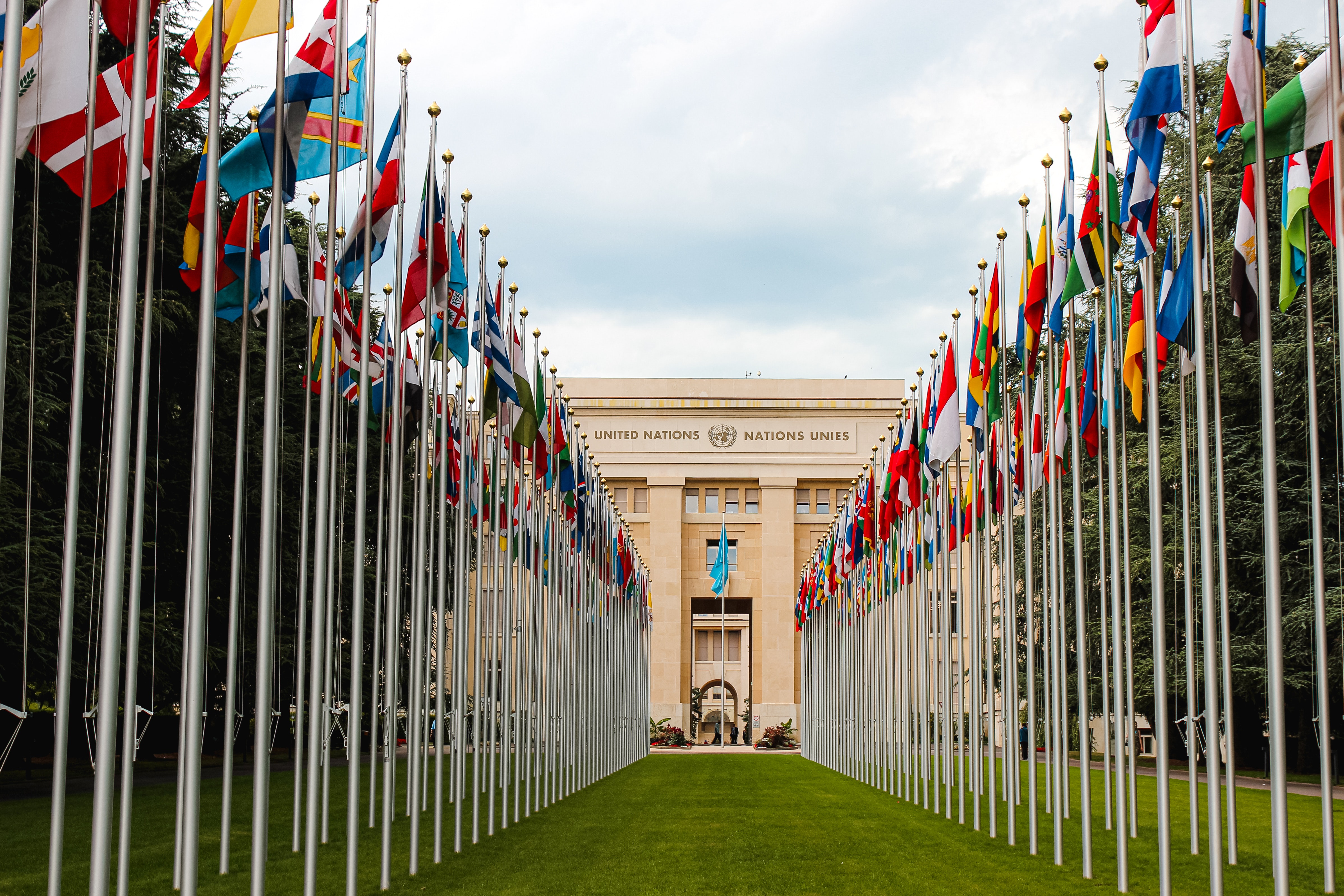When the functions of a person enjoying privileges and immunities have come to an end, such privileges and immunities shall normally cease at the moment this person leaves the country (or on expiry of a reasonable period in which to do so) and shall subsist until that time, even in case of armed conflict.
However, immunity shall continue to subsist with respect to acts performed by diplomats in exercising their functions as members of the mission.
This is commonly known as the “residual” immunity.
According to the case law of the Labor Court of Brussels, the fact that the offense or the act or contract on which proceedings were based had taken place during the subsistence of immunity is no bar to subsequent proceedings (after the functions of a person enjoying privileges and immunities have come to an end) so long as it was of a private nature and not performed in the exercise of diplomatic functions.
According to the Dutch-speaking criminal Court of Brussels “In accordance with Article 39 of the Vienna Convention on Diplomatic Relations, the immunity after the diplomatic functions have come to an end shall subsist only with respect to duties performed by the former diplomat as a member of the diplomatic mission. The employment of a private servant shall not be regarded as an official diplomatic act. In that respect, the former diplomat may not enjoy immunity. The criminal action against the former diplomat is, thus, admissible”. The Dutch-speaking criminal Court of Brussels refers to the British Supreme Court case Reyes v. Al Malki (18 October 2017 – Case ID UKSC 2016/0023)
Conclusion: a diplomatic agent who is no longer in function and who has left the (receiving) country is entitled to immunity only on the narrow basis authorized by article 39(2). That immunity applies only so far as the relevant acts were performed while the diplomatic agent was in post in the exercise of his diplomatic functions.
The employment and maltreatment of a private servant, for instance, are not acts performed by a diplomatic agent in the exercise of his/her diplomatic functions.
 Get in touch
Get in touch


